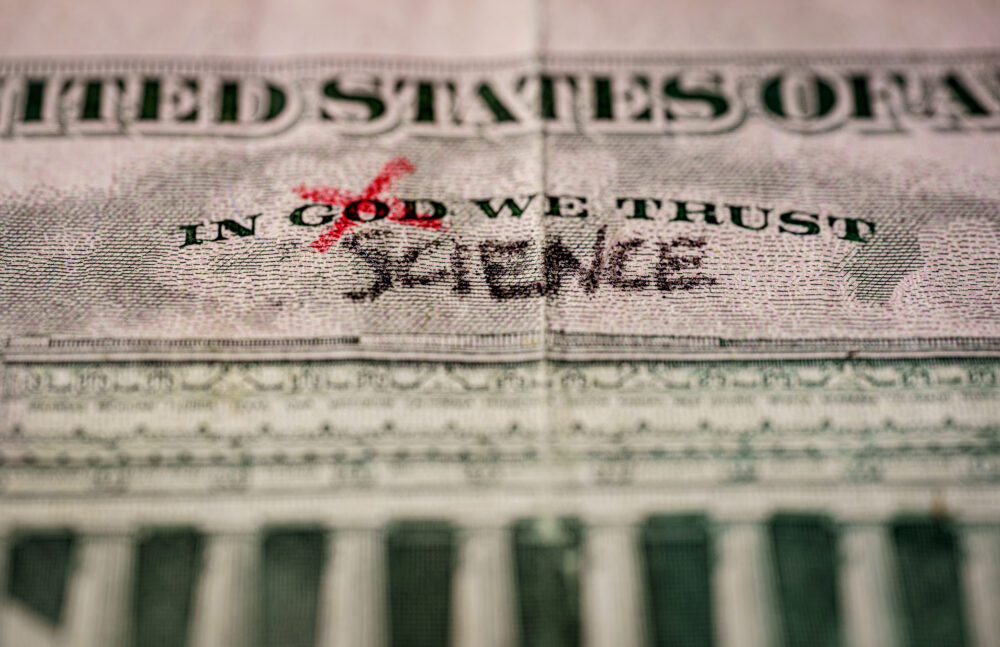


Stephen Meyer on the Crisis of Trust in Science

Nature Paper: Groundbreaking Science on the Decline
On today’s ID the Future philosopher of science Paul Nelson discusses a new paper in Nature making waves in the scientific community, “Papers and Patents are Becoming Less Disruptive over Time.” According to Michael Park and his fellow researchers, the rate of groundbreaking scientific discoveries is declining while the percentage of consolidating (or incremental) science is coming to dominate. Is the spirit of groundbreaking scientific discovery withering, and if so, why? Nelson notes a 1997 book by John Horgan, The End of Science. Nelson credits Horgan for seeing the trend a generation ahead of the Park paper, but Nelson breaks with Horgan on the diagnosis. Horgan posits that groundbreaking science is declining because we have already made most of the Read More ›

Biologist Jonathan Wells Offers a Cure for Zombie Science
On this ID the Future, Zombie Science author and biologist Jonathan Wells and host Andrew McDiarmid explore the seductive but misleading appeal to consensus science. This is when someone makes a bandwagon appeal to support a scientific hypothesis rather than offering evidence and arguments—as in, “All serious scientists agree that X is the case.” Wells says history makes hash of the consensus-science appeal because the history of scientific progress is all about a consensus view being overthrown by a newer, more accurate view that for a time was a minority view. Wells also draws a distinction between evidence-based empirical science and ideologically driven science. The example he gives for the latter: scientific materialism. Instead of a search for truth about Read More ›

Jay Richards on When to Doubt the Scientific ‘Consensus’
On this episode of ID the Future, hear Jay Richards’ recent talk given at a Washington D.C. event entitled “March for Science or March for Scientism? Understanding the Real Threats to Science in America.”
Read More ›